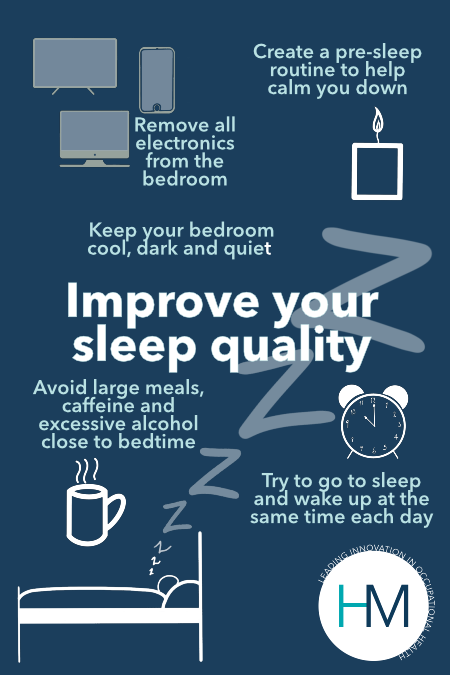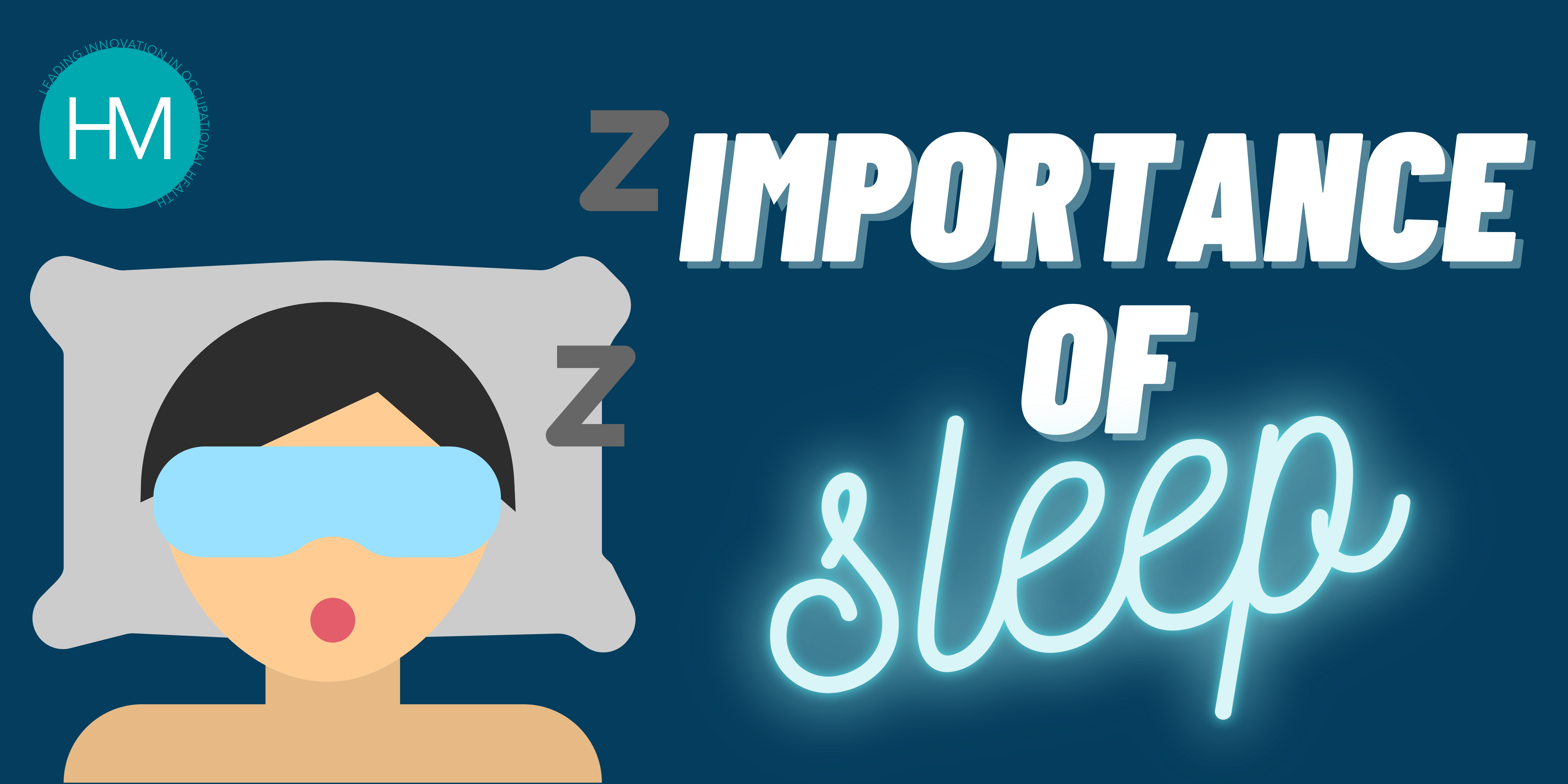Sleep is an extremely underrated necessity. With the need for more hours in the day and the rise in ‘hustle culture’ and the glamourising of working till all hours sleep is often pretty low on the priority list. However, this is not how it should be.
How much sleep do we need
Children and teenagers need more sleep than adults, however, that does not mean we should be surviving on 6 hours a night.
Adults need between 7-9 hours of sleep per night.
To put that into perspective…If you regularly wake up at 6am for work then you should be going to bed at 11pm at the latest!
Benefits of a good nights sleep
Improve productivity and concentration
Getting a good nights sleep will help efficient functioning of the brain, lacking in sleep can lead to problems with your focus and ability to concentrate as well as bouts of feeling confused and disorientated.
During sleep, your brain goes through the process of evaluating and remembering thoughts and memories and taking in emotional information. SO a lack of sleep can impact on your mood and emotional reactivity.
Recovery
Sleep is your bodies time to get to work rebuilding or recovering from any stress put on the body. This includes general movement, exercise, illness and injury. If you are not getting enough sleep you may find it takes longer for your body to fully recover from any ailments.
Reduce risk of heart disease and stroke
During your time asleep, your blood pressure is generally lower than during the day. Therefore, a lack of sleep leads to a higher average daily blood pressure. This increases your risk of heart disease and stroke.
Mental health
It is often thought that depression, stress or anxiety can lead to problems with sleep, however, it is becoming clearer through research that this is more likely a bidirectional relationship in which poor sleep is both a result and a cause of problems with mental health.
Body weight
Evidence suggests that poor sleep quality or lack of sleep can be a factor in weight gain and increase the risk of obesity. The hormones your body produces and regulate while you sleep can affect your appetite and feelings of hunger and being full, leading to weight gain.







